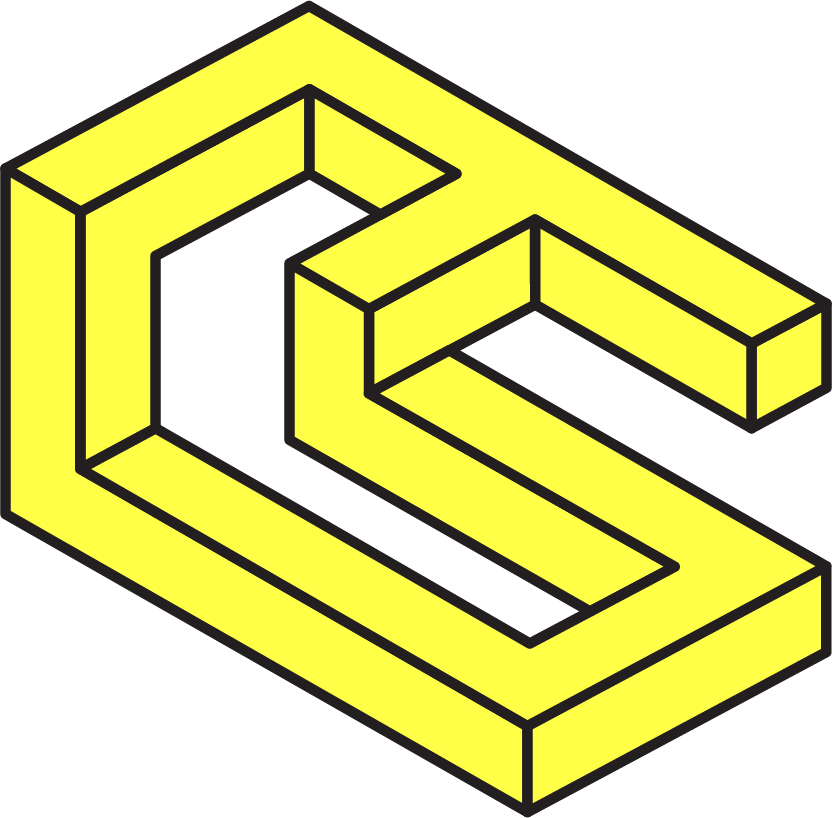Lodestar v1.0.0 Release With Migration Guide

Authored by Phil Ngo
Lodestar transitions into production with a mainnet merge-ready milestone release.
With the confirmation of Ethereum's mainnet merge happening at a Total Terminal Difficulty (TTD) of 58_750_000_000_000_000_000_000, we are proud to announce the release of Lodestar v1.0.0, our TypeScript Ethereum consensus client. It finally happened!
We're now one step closer to living in a dream where we can have browser-compatible access to blockchain data directly from a decentralized Ethereum blockchain. And we have a new website to show it off!
Lodestar started nearly four years ago when Greg (ChainSafe CTO) was told that developing a consensus client with JavaScript was a bad idea. Yes, we had our share of challenges, but overcoming them to achieve what we have today is the result of resilience, persistence, and belief.
"You should stop while you're ahead." - some people from Devcon IV in Prague.
In 2018, we knew it wouldn't be easy, but it was obvious then that we needed JavaScript to be part of this emerging ecosystem. After all, some of the most popular tooling libraries, browser interpretations, and developer mindshare were all within this ecosystem.
The key sparks ignited when other blockchain ecosystems started developing light clients. Ethereum, being the largest general purpose blockchain platform by far, needed to further decentralize the network and start having decentralized apps load a native light client in-browser rather than using a 3rd party RPC to do everything.
The belief that this was important for the longer-term good of Ethereum kept us going, even though we faced performance issues repeatedly. For a long time, we were unable to produce blocks, and our validators would miss their windows to sign blocks.
However, our network implementation was so good that we were forced on a dedicated router to prevent knocking out other clients for being bad peers at the Eth2 Muskoka interoperability retreat. This is just an example of all the moving parts that must function in unison to create a functioning node implementation. It's not easy, but here we are at v1.0.0, as motivated as ever to bring Lodestar to the world!
Breaking API + CLI changes with migration guide
As with any breaking change in software, we wanted to ensure that we were happy with the structure of our command line interface and APIs moving into a stable version 1.x.
We reviewed our usage and looked at some references from other clients to determine what we needed to change. It was important to conform to what most clients are doing to maintain a standard that is comparable and simple, reducing any friction in using Lodestar. For migrating from 0.x.x to 1.0.0, you will need to be aware of the differences between these two breaking versions.
Deprecation of Kiln testnet, Prater alias, and account subcommand
For v1.0.0, it was a good idea to clean up and remove any support for deprecated testnets. The Ethereum Foundation announced the deprecation of the Kiln testnet, and the Goerli-Prater merge has deprecated "prater" as a consensus-only testnet. All of the "Prater" references now respond to "Goerli" configurations.
Lodestar v1.x.x and beyond
Lodestar will continue to maintain the client going forward in version 1.x.x. Our focus will be to continue developing the Ethereum JavaScript ecosystem with the important libraries which make Lodestar and other future projects viable.
In addition, we are set to continue contributing to and supporting the light client ecosystem and making Ethereum more decentralized than it is today while maintaining our node implementation with consensus-specs. Capella is the next big anticipated specification, and we'll be right there to make it a reality.
Shipping Lodestar v1.0.0as a merge ready client is the culmination of hard work from all contributors to Ethereum. Thanks to your support, we have finally made Proof of Stake a reality. We invite you to continue this journey with us as we strive to deliver an alternative, minority client to the Ethereum network. Client diversity allows Ethereum to be more robust and secure. Please update your nodes to v1.0.0 before the Bellatrix activation on September 6, 2022, 11:34:47am UTC.
If you're interested in getting involved with Lodestar, check out our Github. If you'd like to contact the team, feel free to drop by on ChainSafe's Discord on the #lodestar-general channel or email info@chainsafe.io.
For more details on Lodestar, please head to our documentation site.
About ChainSafe
ChainSafe is a leading blockchain research and development firm specializing in infrastructure solutions for web3. Alongside its contributions to major ecosystems such as Ethereum, Polkadot, Filecoin, Mina, and more, ChainSafe creates solutions for developers and teams across the web3 space utilizing our expertise in gaming, bridging, NFTs and decentralized storage.
As part of its mission to build innovative products for users and improved tooling for developers, ChainSafe embodies an open source and community-oriented ethos to advance the future of the internet. To learn more, click here.

